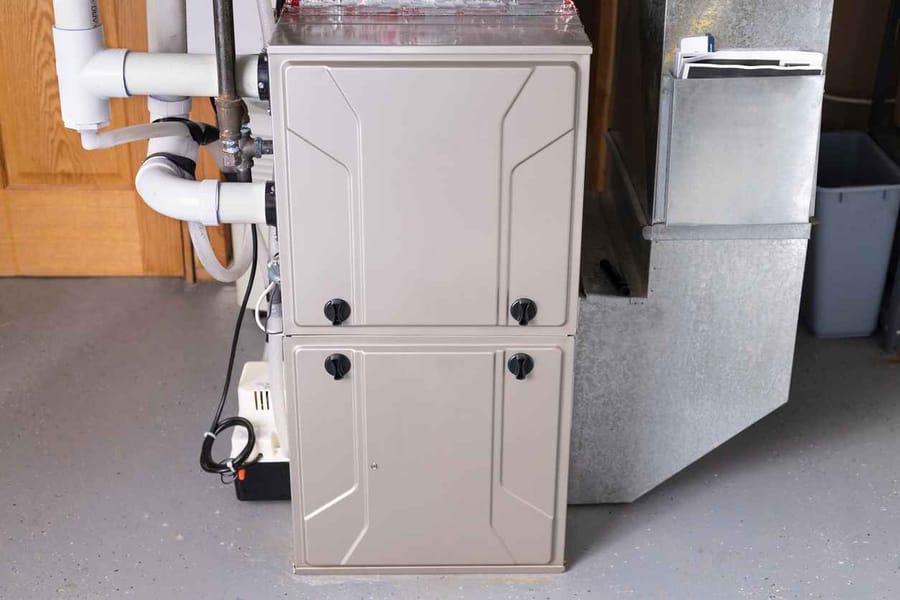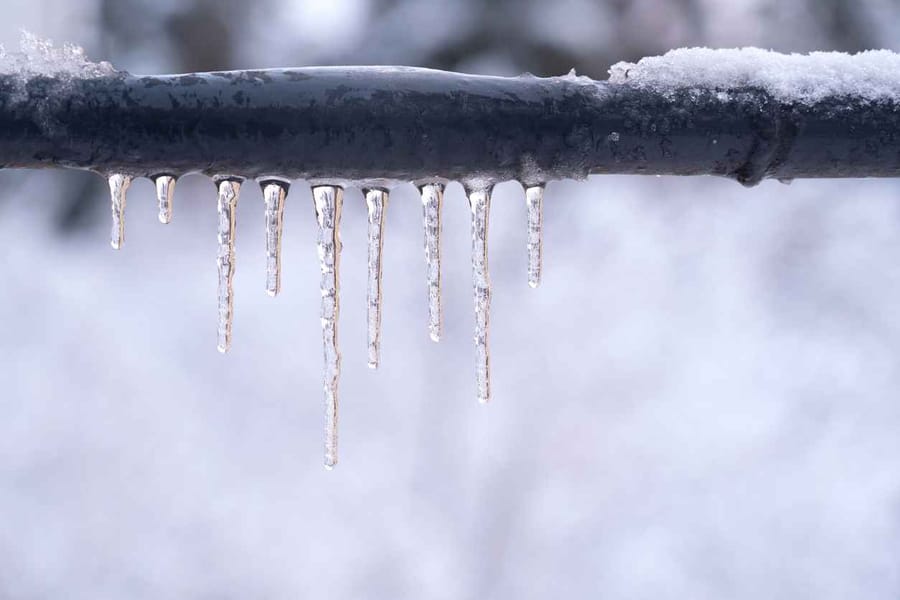4.8 Google Rating
How to Improve the Water Quality in Your Home
City or Small Town: Your Water Quality Matters
Having safe water to drink is of the utmost importance. Unfortunately, there are areas where the local water quality isn’t what it should be. In some extreme cases, local water may contain toxic compounds, bacteria, viruses, and other microorganisms. The Flint, Michigan water crisis was a well-known example of dangerously contaminated water. In this case, the area’s water was significantly contaminated with lead.
Things that can affect your water quality:
- Your plumbing system
- General pollution
- Industrial contamination
- Agricultural practices in your area
- Environmental factors, including soil erosion
Luckily, in the Denver area, we are fortunate to have safe, clean drinking water. However, even though we get clean water from Denver Water, your water still must go through your own plumbing system. Depending on the age and condition of your system, your water quality may still suffer.
If your home was built before 1951, you might still have lead plumbing which can be particularly dangerous as it leaches lead into your drinking water. If you suspect you have lead plumbing, contact our plumbers to discuss how you can bypass or replace your lead pipes.
Does Colorado Have Hard Water?
Another benefit to living in the Denver area is that our water is soft to moderately hard. This is much better than areas plagued by hard water with significantly higher levels of calcium and magnesium. Yet, even here in Denver, homeowners may see the effects of hard water in their homes, especially if they are on a well system.
Appliances that may suffer from hard water damage:
- Water heaters
- Dishwashers
- Washing machines
- Refrigerators
- Other plumbing fixtures
If you’re seeing spots on your dishes, glass-, and silverware, or if your detergents don’t work as well as you’d like, you may have harder than usual water. Other symptoms of hard water can include limescale buildup on your plumbing fixtures, film on your shower tiles and glass shower doors, and the feeling of a film on your hands after washing them.
3 Tips to Improve Your Water Quality
Are you wondering what improves water quality? At AAA Service Plumbing, Heating & Electric, we know the importance of good water quality. We offer a wide range of water filtration and purification services to help you get the best quality water possible. From addressing issues with taste and odor to helping you remove contaminants and minerals from your water, we can help you meet your water quality goals.
Keep reading for a few helpful tips for what you can do to improve the water quality in your Denver home.
#1: Install a Water Softener
As mentioned above, even with our good quality water, some homeowners will still deal with issues associated with hard water. The surest way to solve this problem is by installing a water softener in your home. Water softeners work to remove the calcium and magnesium from your water, eliminating the symptoms of hard water.
The benefits of installing a water softener include:
- Cleaner laundry
- Less soap scum in sinks and bathtubs
- Detergents and soaps work better
- Less buildup in plumbing appliances
- Improved functionality and efficiency of your water heater
#2: Install a Water Filtration or Purification System
If you are concerned about the taste, smell, or presence of contaminants in your water, your best bet is to install a water filtration or purification system. There are many different types of water filtration systems to choose from. Before selecting the type of filtration you want in your home, we recommend speaking with our plumbers to ensure that you select the right product for your needs and goals.
Types of water filtration systems include:
- Whole-house water filtration systems
- In-line water filtration systems
- Drinking water filtration systems
- Reverse osmosis systems
- Ultraviolet light systems
- Activated charcoal systems
#3: Take Care of Your Plumbing System
Because most municipalities provide their residents with safe drinking water, the weak point in the system that is likely affecting the quality of your drinking water is your own plumbing system. Though the average plumbing system is designed to last decades, parts will degrade and break over time. Plumbing problems can have a direct impact on your water quality.
For example, if your water heater is struggling, it may not be heating your water to the correct temperature, thereby allowing bacteria to grow in its tanks. Similarly, degraded piping can lead to sediment, rust, and other particulates entering your water.
The best way to take care of your plumbing system is to schedule annual inspections, have your sewer line cleaned every two to three years, and take care of repair problems sooner rather than later. If you need help with this, AAA Service Plumbing, Heating & Electric is here to help. Call us; our plumbers are always available to answer your water quality questions.
Recent News

How the High Altitude Impacts Your Furnace and Air Conditioning in Colorado

Preventing Frozen Pipes in the Denver Metro: What Every Homeowner Should Know

Why You Should Schedule an HVAC Tune-Up Before Ski Season

The Ultimate Colorado Front Range Home Maintenance Calendar
Contact Us Today

